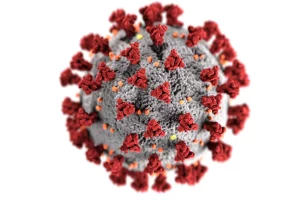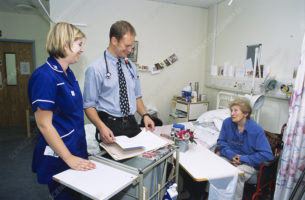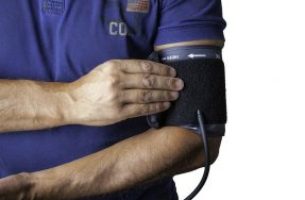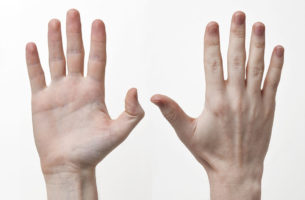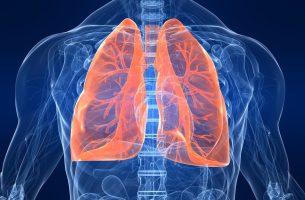10 best NHS top tips ever At its best, the NHS is a wonderful service, but often its an grumpy deaf elephant going the wrong way. Why is this so? Admin of NHS is awful Partly as its too big and complicated Nothing (computers) and no one (people) talks to each other The waiting lists are long and unacceptable. Importantly, the ‘glue’ […]
Read MoreWhat happens when you are referred by your GP to see a consultant? In this article, we will describe what happens when you go to a hospital consultant for a face-to-face appointment. Let’s start with the basics. Making an appointment with a consultant You do not make the appintemnt. Your GP refers you, and the […]
Read MoreHow can I get better care from my doctor (5 ways)? In this article we will describe 5 ways to get better care from your doctor; whether they be your GP, hospital consultant, or another type. 1. Choose your doctors carefully – you need to trust them to help you (and they need to trust you, e,g. to turn […]
Read MoreHow does a hospital work? All patients are under the care of a hospital consultant (senior doctor) who works there, when you have contact with a hospital. This is because patients are usually there as their GP has referred them to the hospital to see a consultant – as they don’t feel able to give you the care they […]
Read MoreAre hospitals still testing for COVID? No, not routinely. In the main, if there is no reason to think you have the virus, then we do not do a test. Most regular asymptomatic (i.e. if you are not unwell) testing for COVID-19 in hospitals, care homes, and hospices in England stopped in September 2022. In […]
Read MoreHaving an operation? – 5 do’s and 5 don’ts Don’t panic. Relax. You are going to be OK. If you are having a general anaesthetic .. 5 Do’s 1. Do drink clear fluids (only) from midnight but nothing for 2 hours prior to arrival time. Examples of clear liquids include: Water, 7-Up, Sprite etc Clear […]
Read MoreWhat is the ‘hospital take’? You may have heard people talk about the ‘Take’ if you’ve ever been admitted to hospital. Put simply, the ‘Take’ is a list of all patients who have been seen that day (or 24-hour period), in or near A&E (or Emergency Department, ED); by a specialty team – eg ‘medics’ […]
Read MoreWhen is the best time to measure blood pressure? The morning (say 8am). The best time to measure blood pressure is usually in the morning, before eating or taking medication. This helps to balance out the normal fluctuations of BP through the day. It is important to monitor your own blood pressure And write it […]
Read More10 Common Hand Problems – When to Worry and When to See a Doctor Here are 10 common hand conditions, when to worry, and when to see a doctor. Carpal Tunnel Syndrome (CTS) – A condition that occurs when the median nerve, which travels through the wrist and into the hand, is compressed. Symptoms: Numbness, […]
Read More10 Most Common Lung Disease Symptoms Here are the 10 most common lung disease symptoms: 1. Chronic Cough A persistent cough lasting a month or longer (that may produce mucus or phlegm) should be investigated. Chronic obstructive pulmonary disease (COPD), bronchiectasis and pulmonary fibrosis are causes. 2. Coughing Up Blood Coughing up blood or rust-colored […]
Read More





